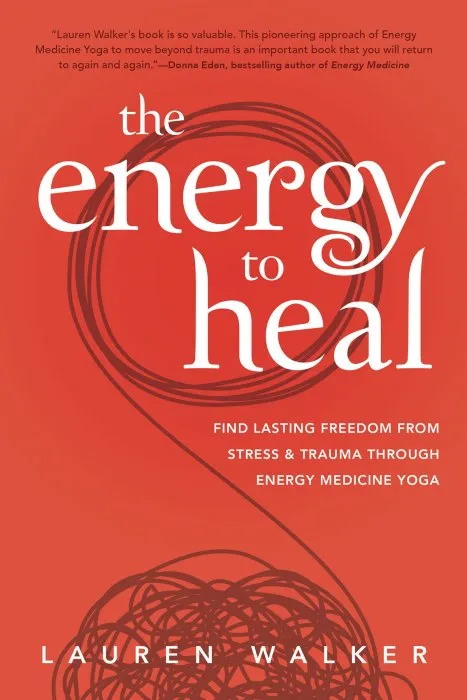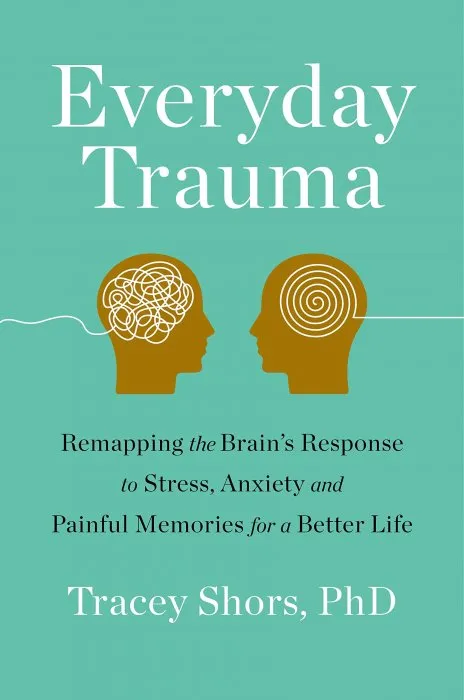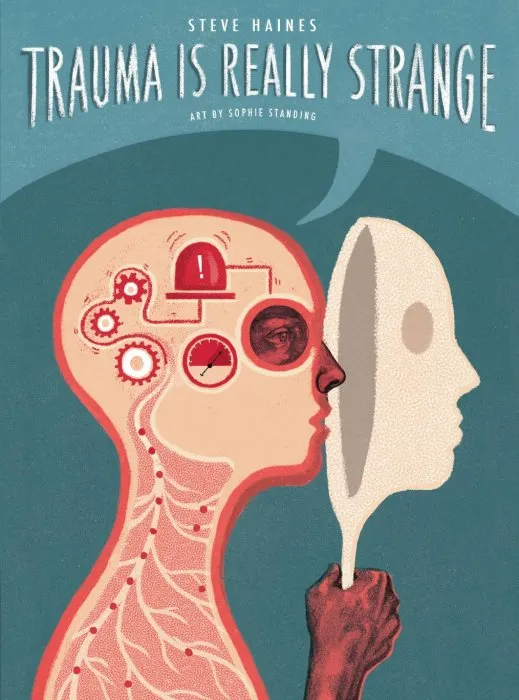Widen the Window: Training Your Brain and Body to Thrive During Stress and Recover from Trauma

Date: September 24th, 2019
ISBN: 0735216592, 152934980X
Language: English
Number of pages: 496 pages
Format: EPUB
Add favorites
A pioneering researcher gives us a new understanding of stress and trauma, as well as the tools to heal and thrive
Stress is our internal response to an experience that our brain perceives as threatening or challenging. Trauma is our response to an experience in which we feel powerless or lacking agency. Until now, researchers have treated these conditions as different, but they actually lie along a continuum. Dr. Elizabeth Stanley explains the significance of this continuum, how it affects our resilience in the face of challenge, and why an event that's stressful for one person can be traumatizing for another.
This groundbreaking book examines the cultural norms that impede resilience in America, especially our collective tendency to disconnect stress from its potentially extreme consequences and override our need to recover. It explains the science of how to direct our attention to perform under stress and recover from trauma.
With training, we can access agency, even in extreme-stress environments. In fact, any maladaptive behavior or response conditioned through stress or trauma can, with intentionality and understanding, be reconditioned and healed. The key is to use strategies that access not just the thinking brain but also the survival brain.
By directing our attention in particular ways, we can widen the window within which our thinking brain and survival brain work together cooperatively. When we use awareness to regulate our biology this way, we can access our best, uniquely human qualities: our compassion, courage, curiosity, creativity, and connection with others. By building our resilience, we can train ourselves to make wise decisions and access choice—even during times of incredible stress, uncertainty, and change.
With stories from men and women Dr. Stanley has trained in settings as varied as military bases, healthcare facilities, and Capitol Hill, as well as her own striking experiences with stress and trauma, she gives readers hands-on strategies they can use themselves, whether they want to perform under pressure or heal from traumatic experience, while at the same time pointing our understanding in a new direction.
Stress is our internal response to an experience that our brain perceives as threatening or challenging. Trauma is our response to an experience in which we feel powerless or lacking agency. Until now, researchers have treated these conditions as different, but they actually lie along a continuum. Dr. Elizabeth Stanley explains the significance of this continuum, how it affects our resilience in the face of challenge, and why an event that's stressful for one person can be traumatizing for another.
This groundbreaking book examines the cultural norms that impede resilience in America, especially our collective tendency to disconnect stress from its potentially extreme consequences and override our need to recover. It explains the science of how to direct our attention to perform under stress and recover from trauma.
With training, we can access agency, even in extreme-stress environments. In fact, any maladaptive behavior or response conditioned through stress or trauma can, with intentionality and understanding, be reconditioned and healed. The key is to use strategies that access not just the thinking brain but also the survival brain.
By directing our attention in particular ways, we can widen the window within which our thinking brain and survival brain work together cooperatively. When we use awareness to regulate our biology this way, we can access our best, uniquely human qualities: our compassion, courage, curiosity, creativity, and connection with others. By building our resilience, we can train ourselves to make wise decisions and access choice—even during times of incredible stress, uncertainty, and change.
With stories from men and women Dr. Stanley has trained in settings as varied as military bases, healthcare facilities, and Capitol Hill, as well as her own striking experiences with stress and trauma, she gives readers hands-on strategies they can use themselves, whether they want to perform under pressure or heal from traumatic experience, while at the same time pointing our understanding in a new direction.
Download Widen the Window: Training Your Brain and Body to Thrive During Stress and Recover from Trauma
Similar books
Information
Users of Guests are not allowed to comment this publication.
Users of Guests are not allowed to comment this publication.




